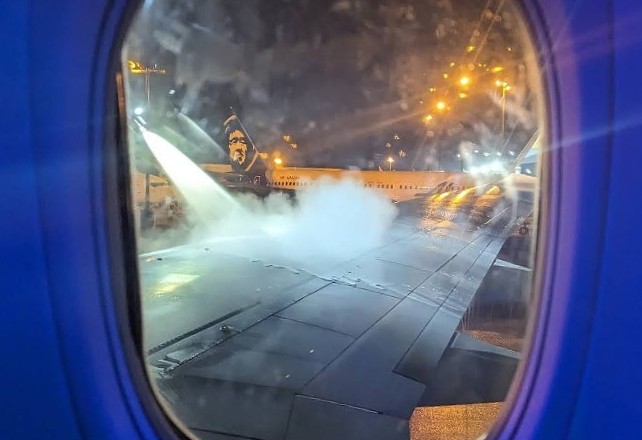
Every parent in Washington wants their children to live in thriving, sustainable communities where they can attend wonderful schools and envision building bright futures as adults.
That’s why the two defining issues of Governor Jay Inslee’s administration have been adequately funding basic education and combating the existential threat of climate change.
Any state legislator working to urgently address both of these funding challenges in budget negotiations should be commended.
However, there have been persistent rumors that the Washington State Legislature is flirting with bridging the education funding gap through a business-friendly carbon tax that will not provide major new investments into climate change resiliency and mitigation projects.
This would be funding our children’s education by selling out their futures.
The inconvenient truth is that it will cost billions of dollars to remove the causes of manmade climate change and mitigate its impacts on our natural ecosystems, and the only politically viable source of that long-term funding is a carbon tax.
If the Legislature cannot agree on a robust carbon tax that provides billions of dollars in new environmental funding, then the Legislature should leave the creation of a climate change policy to the people of Washington via an initiative.
Since a poorly designed carbon initiative received 41% of the vote in Washington during the 2016 elections without the support of the Democratic Party or most environmental groups, it is reasonable to conclude a smart, progressive climate change initiative would succeed at the ballot during the Trump backlash election of 2018.
However, the odds for an initiative go down precipitously if the Legislature enacts a carbon tax amidst much fanfare in 2017, even if it has little environmental benefit besides providing a modest disincentive against pollution.
Given the stakes, this is an unacceptable trade-off. There is too much work to be done, and too little time to do it, to accept the creation of a carbon tax on its own as meaningful progress.
Washington is facing a statewide environmental crisis that worsens every year and endangers our children’s ability to enjoy life, liberty, and the pursuit of happiness. Our fisheries have collapsed; millions of acres of our forests are pestilence-ridden tinderboxes; and keystone species from honeybees to salmon are critically threatened.
Besides providing the air, water, food, and jobs we need to sustain ourselves, these ecosystems – when healthy – are also some of the best tools we have in fighting climate change.
To restore our aquatic ecosystems to their full “blue carbon” sequestration potential, there are countless fish-passage barriers to be removed, as well as stormwater systems and waste treatment facilities that need to be replaced so they stop dumping pollution into our waters.
Eastern Washington forests that should be carbon sequestration powerhouses are currently dying of forest health parasites and rot from lack of funds for management, transforming them into tinderboxes that emit tons of greenhouse gases during wildfire season.
Unprecedented public safety investments will be needed to keep our communities safe from sea level rise, catastrophic flooding, and increasingly intense wildfire seasons.
Our state’s transportation systems and heavy industries will also all require comprehensive makeovers to be sustainable.
These massive public policy challenges cannot be ignored simply because they are politically unpalatable, for
the same reason that our children’s educational needs must be addressed.
There is no more profound and heartbreaking failure than letting down our children and grandchildren – especially if we are simply too cheap or lack the moral and political courage to do the right thing.
If the Legislature is not prepared to create a carbon tax that is scaled to meet the challenges we face, it will be up to the citizenry to live up to our great state’s rich heritage of environmental leadership and take decisive action to address climate change.
Fawn Sharp is the President of the Quinault Indian Nation, the President of the Affiliated Tribes of Northwest Indians, and the Vice President of the National Congress of American Indians.
Matthew Randazzo V is an author, a former Senior Advisor to the Commissioner of Public Lands, and currently advises and represents the Quinault Indian Nation.














